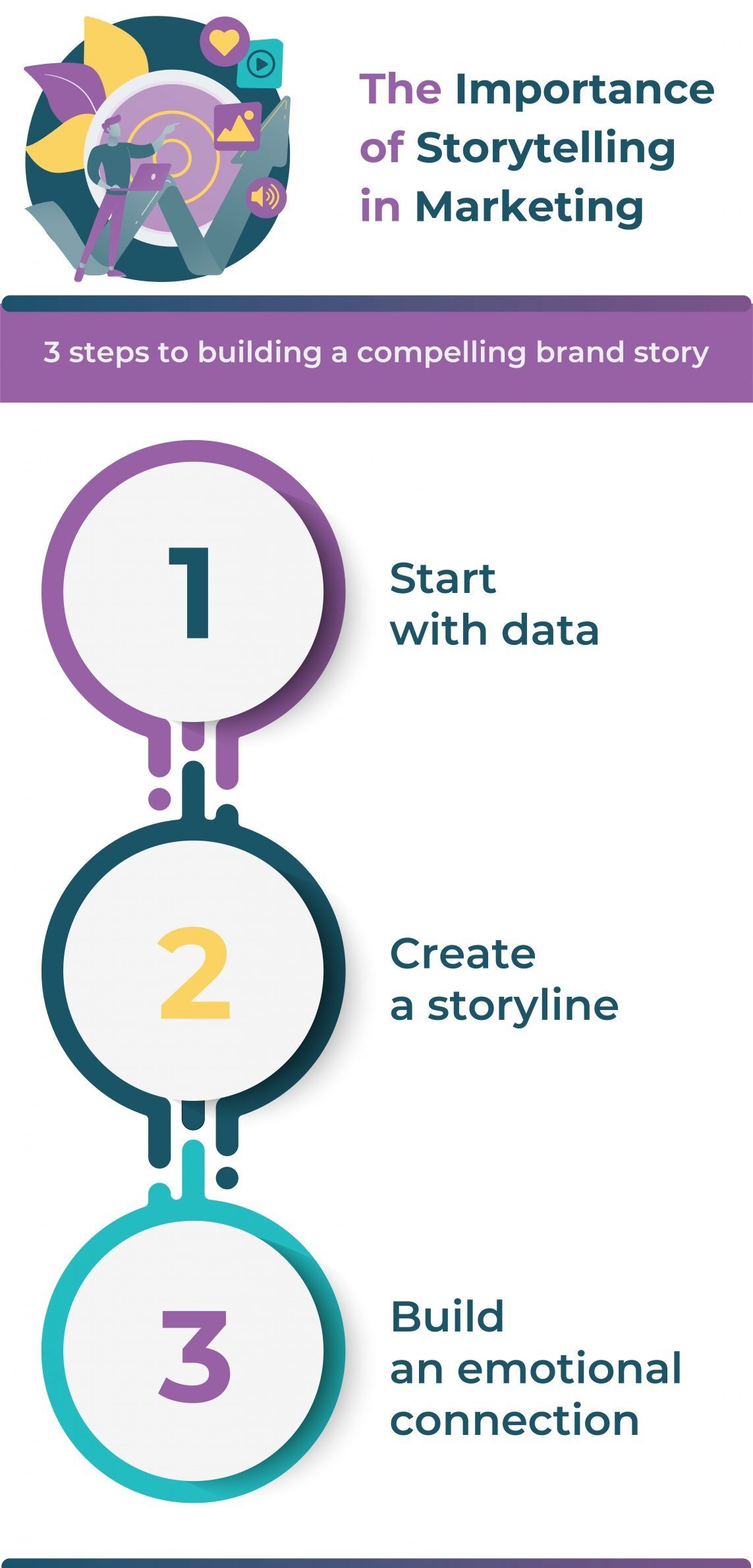Diversity and inclusion have become hot-button issues in recent years, and for good reason. With globalization and changing demographics, companies that fail to prioritize diversity and inclusion are at a competitive disadvantage. This is because diverse teams bring different perspectives and experiences to the table, leading to increased creativity, innovation, and problem-solving skills.
In this blog post, we’ll explore why diversity and inclusion are so important in the workplace and how they benefit organizations.
Increased Innovation and Creativity
Diversity and inclusion are essential ingredients for innovation and creativity in the workplace. When people from different backgrounds and with different perspectives come together, they bring a range of ideas and experiences that can lead to breakthroughs and new approaches to problem-solving. Diverse teams are more likely to challenge assumptions and come up with fresh solutions.
A study by McKinsey & Company found that companies in the top quartile for racial and ethnic diversity were 35% more likely to have financial returns above their respective national industry medians. Additionally, companies with gender diversity were 15% more likely to have financial returns above their national industry medians.
Improved Decision Making
Diversity and inclusion also lead to better decision-making. When teams are diverse, they are more likely to consider a wider range of perspectives, leading to more informed and comprehensive decisions. A study by Deloitte found that diverse teams made better decisions 87% of the time compared to non-diverse teams.
Enhanced Employee Engagement and Retention
Diversity and inclusion are also essential for employee engagement and retention. When employees feel valued and respected, they are more likely to be committed to their work and to stay with the company long-term. A study by Glassdoor found that 67% of job seekers consider workplace diversity an important factor when considering job offers.
Improved Customer Relations
Diversity and inclusion also benefit organizations by improving customer relations. As customers become more diverse, companies that prioritize diversity and inclusion are better equipped to meet their needs and expectations. Additionally, customers are more likely to trust and do business with companies that reflect their own diversity.
Addressing Unconscious Bias
Finally, diversity and inclusion are essential for addressing unconscious bias in the workplace. Unconscious bias can lead to discrimination and a lack of opportunities for certain groups of people. By prioritizing diversity and inclusion, companies can create a more fair and equal workplace for all employees.
In conclusion, diversity and inclusion are critical components of any successful organization. By prioritizing diversity and inclusion, companies can benefit from increased innovation, creativity, and productivity, better decision-making, enhanced employee engagement and retention, improved customer relations, and addressing unconscious bias. It’s time for companies to recognize the importance of diversity and inclusion and take action to create a more inclusive and diverse workplace.




